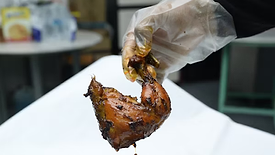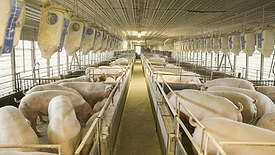Regulatory
The Window on PFAS is Closing 'PFAST'
State action on PFAS is ongoing, and many states are currently seeking to adopt new rules for PFAS in food packaging or expand the scope of existing laws
August 7, 2024
Recall Rethink: Food Recall Vulnerabilities Exposed by the Cinnamon Applesauce Incident
The scope and seriousness of the lead contamination of applesauce pouches for children reaffirm the need to modernize the recall process in the U.S.
August 5, 2024
Never miss the latest news and trends driving the food safety industry
eNewsletter | Website | eMagazine
JOIN TODAY!Copyright ©2024. All Rights Reserved BNP Media.
Design, CMS, Hosting & Web Development :: ePublishing










